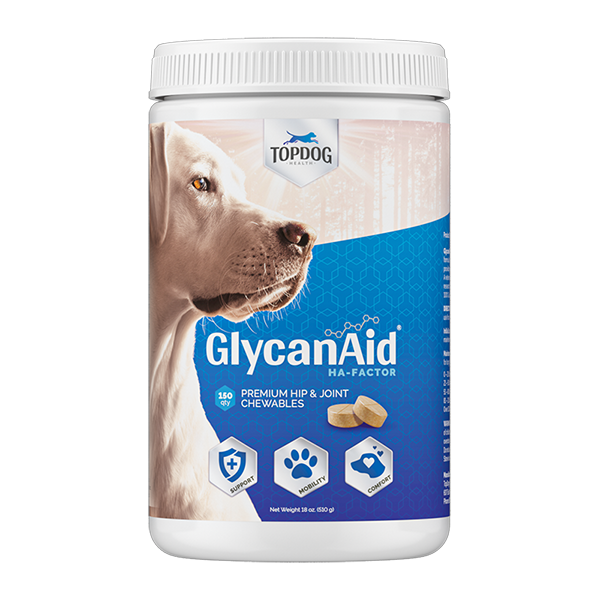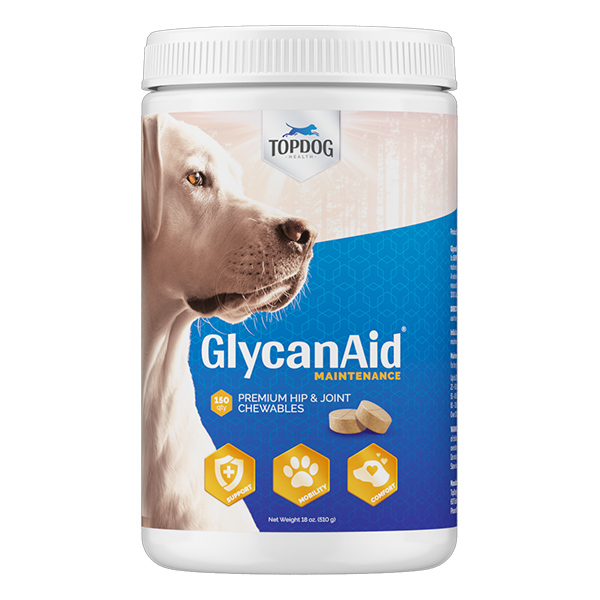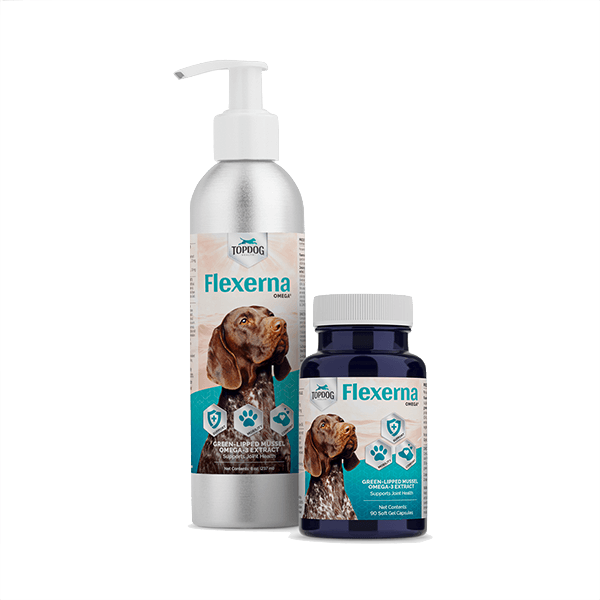If you have a dog who’s recovering from a surgery or injury, you know that the process is involved. You were likely sent home from the veterinarian with a long list of do’s and don’ts, aftercare instructions, potential problems to look for, and even physical therapy procedures. The last thing you need is a partner who’s unwilling to share the responsibilities – or even worse, one who’s resentful of the attention you’re giving your dog.
While the shared love of a family pet has an incredible ability to bring two humans even closer in their relationship, pets can also be a source of tension. No one is doubting the joy and comfort a dog brings to a home, but even if your partner loves animals and would never be unkind to your pup, there are many practical aspects of owning a pet that can lead to disagreements. Take for instance arguments over the amount of money spent on a pet, resentment over an unfair balance of who feeds, walks, and cares for the dog, or the potential (and surprisingly not uncommon) problem of your affection for your pup causing your partner to doubt your love for them (i.e. me or the dog?).
When you think about it, if a dog undergoes a major surgery or sustains a serious injury, all these factors escalate. Getting your pet the help they need can often be extremely costly – surgeries can be thousands of dollars, not to mention additional vet bills, medications, and physical therapy appointments. Caring for your dog also requires more time and attention than ever before, and if one person finds themselves shouldering more of the responsibility, there’s room for resentment to grow on both sides.
So, what do you do if you find your dog’s recovery causing a rift in your relationship? Here are some of the most common relationship problems that come up after a dog has undergone surgery or sustained an injury, and how to best deal with them.
Problem: My partner doesn’t adhere to doing things the way the veterinary surgeon suggested.
Solution:
In this situation, it’s helpful to have a talk that appeals to your partner’s sense of reason. Likely your significant other is either not sticking to the surgeon’s advice because they believe the surgery is “done” and the problem is taken care of, or perhaps they believe the surgeon’s aftercare advice is “overkill.” Remind them that the surgery is only one step in the often lengthy process of getting your dog back to their healthy, happy self, and the days, weeks, and months after the procedure are extremely important.
Make sure they understand that it’s not only in your dog’s best interests to follow your surgeon’s advice, but theirs as well. If your dog doesn’t heal properly, it’s going to cost even more time and money to fix the problem. For example, say your surgeon has explained that your dog must wear an E-Collar (aka the cone of shame) for a full week after surgery. But your dog can’t stand the E-Collar, and after three days your partner insists that enough time has passed and you can just leave it off. They likely have your dog’s best interests at heart, but if your pet can lick their surgical wound, the potential for it reopening and/or becoming infected skyrockets, which would then create the need for an additional procedure – which equals more of your time and money (not to mention unnecessary pain for your pup). Armed with this information, you can hopefully convince your partner that adhering to your surgeon’s advice in the short term will save you time, effort, and money in the long run.
Problem: My significant other makes me feel guilty about the attention I’m giving the dog.
Solution:
It’s helpful here to ask yourself if you’re truly putting your pet before your significant other, or if your partner’s simply looking for an excuse to argue. If it’s the first case, make an effort to show your partner a little extra TLC. While you don’t need to rub their feet or cook them extravagant meals, ensuring you have shared quality time can go a long way. Leave your pup in the care of a trusted friend and enjoy a nice meal out with your partner, or do something they enjoy doing. In short, remind them that it’s not a competition between them or the dog – you have more than enough love in your heart to go around.
If you believe a quarrel over your furry friend could be a cover-up for another relationship issue that needs attention, talk it out instead of using the dog as a distraction from what’s at the heart of the matter. While these conversations can be difficult, approaching your partner with a non-judgmental attitude will help them open up – your relationship will be all the better for it.
Problem: My partner thinks I’m over the top about the way I’m dealing with our dog’s recovery.
Solution:
Our advice here is somewhat of a blend of the solutions to the last two problems. Remind your significant other that the recovery process is a hugely important step in your dog’s journey back to health, and make sure they understand the potential consequences of not following the surgeon’s aftercare advice to a T. There’s also a good chance this criticism has its roots in a relationship issue that has nothing to do with your pet. If you suspect this is the case, encourage them to voice their true feelings honestly and openly so you can move forward in your relationship together.
Problem: My significant other ignores the directions I give him/her about caring for the dog.
Solution:
In this situation, it’s helpful to sit down with your partner and get clear on a plan. Map out everything that needs to get done – medications to be given, physical therapy appointments to attend, etc. – and divvy up the duties fairly. Keep in mind it can be helpful to approach your dog’s recovery as a shared goal you’re undertaking together, instead of a burden you’re mostly shouldering and guilting them into helping you with. Also, ensure you’re thorough in talking through exactly what your partner needs to do, and when. Only then can you be positive they’re clear on what’s expected of them, which may help them feel more confident in carrying out their role in the recovery process. You could even create something similar to a chore wheel – a physical reminder of their duties that they can easily reference.
If you’re still finding they’re shirking their duties, it may be time for some creative thinking. While ideally you and your significant other would navigate the ins and outs of helping your dog recover as a team, the bottom line is that they need to get done. If you can’t get your partner to help with the dog, perhaps they would agree to temporarily step it up in other departments – such as taking care of the kids or tidying up the house – so it frees up some of your time to ensure your dog’s recover to-do list gets done each day. Talk it out and come up with a realistic plan that works for you.
You may have noticed a common thread in all of our solutions, and it’s this: communication is key. If any issue in a relationship – pet-related or otherwise – is cropping up, talking it out openly and lovingly will only help the situation. You owe it to yourself, your partner, and in this case, your pup.











